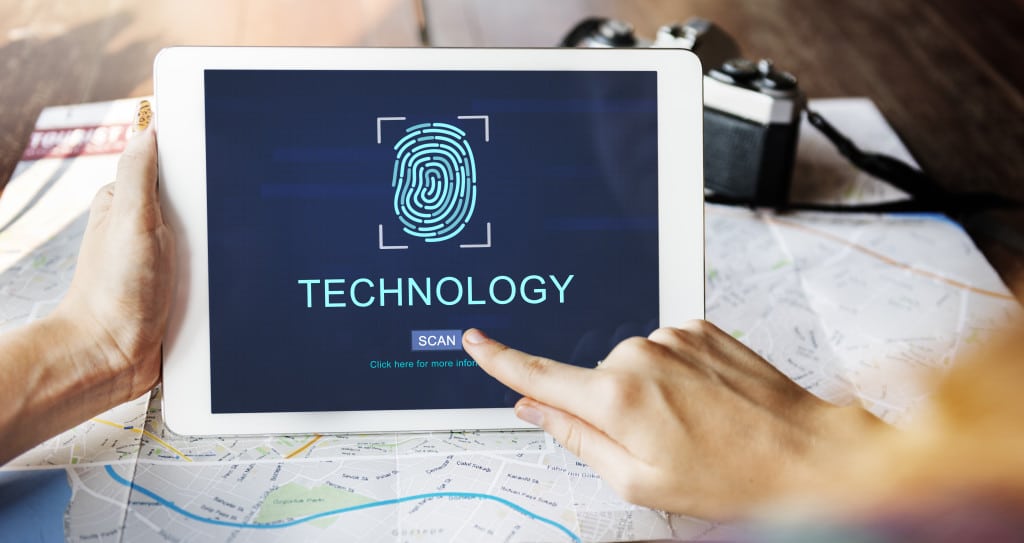Protecting our computers is something that most people are very engaged in since they want their personal information as well as their machines to be safe. They are really careful about the websites they visit and they don’t install programs that look shady and possibly dangerous. Many also like to have antivirus protection onboard for an extra layer of protection that assures peace of mind. They look for the Avira discount to get a good deal and they rest assured that they won’t be harmed while using the computer.
But the personal computer from home isn’t the only machine people use. Today, getting online is extremely easy no matter where you are. Through WiFi and internet cafes, getting online is probably one of the easiest things you can do while in another country for example. While traveling, it’s even more important to stay protected from online threats as you are more vulnerable than at home. Here are some of the threats you should be taking into consideration when traveling if you use the internet from a public place.
Keyloggers
[pullquote]Keyloggers are small little programs that will record everything that is written on a keyboard.[/pullquote] This information can then be accessed and used by people that most likely want to do you harm. When you’re using the internet in a net café for example, keep in mind that anyone could have installed such a program since it is very easy. After you leave, they could be having a merry time with your personal information and sensitive data so be really careful about introducing sensitive information like passwords and usernames on such computers.
Email Hacks
Emailing is one of the things people do most often as it is a fast and easy means of communication with people. However, many people think that their personal information is safe and sound behind a password and a security question. Email services use security questions on top of password when the latter is to be reset. Invaders could ask for a password reset and gain the answer to the question from your Facebook account or other social media. Keep in mind that information like “where you finished school” or “the name of your spouse” are relatively private things but a quick trip to your Facebook account can reveal them to anyone. Be careful what question you set for your account so that you don’t accidentally give it away.
Packet Analyzers
This form of hacking acts like a middle-man between you and your correspondence target. Information sent back and forth between you and what you come in contact with online can be scanned and that information can be used against you. Think of it as someone intercepting a messenger pigeon, reading the contents of the attached note, and then sending the messenger on its way. In this sort of situation, you will most likely never know it even happened. The only way of combating this is by making sure that all websites you access from public spaces are encrypted. A lot of websites do that already today, but making sure won’t hurt.
For more tips and information about online security here on Bit Rebels, click here!

COMMENTS